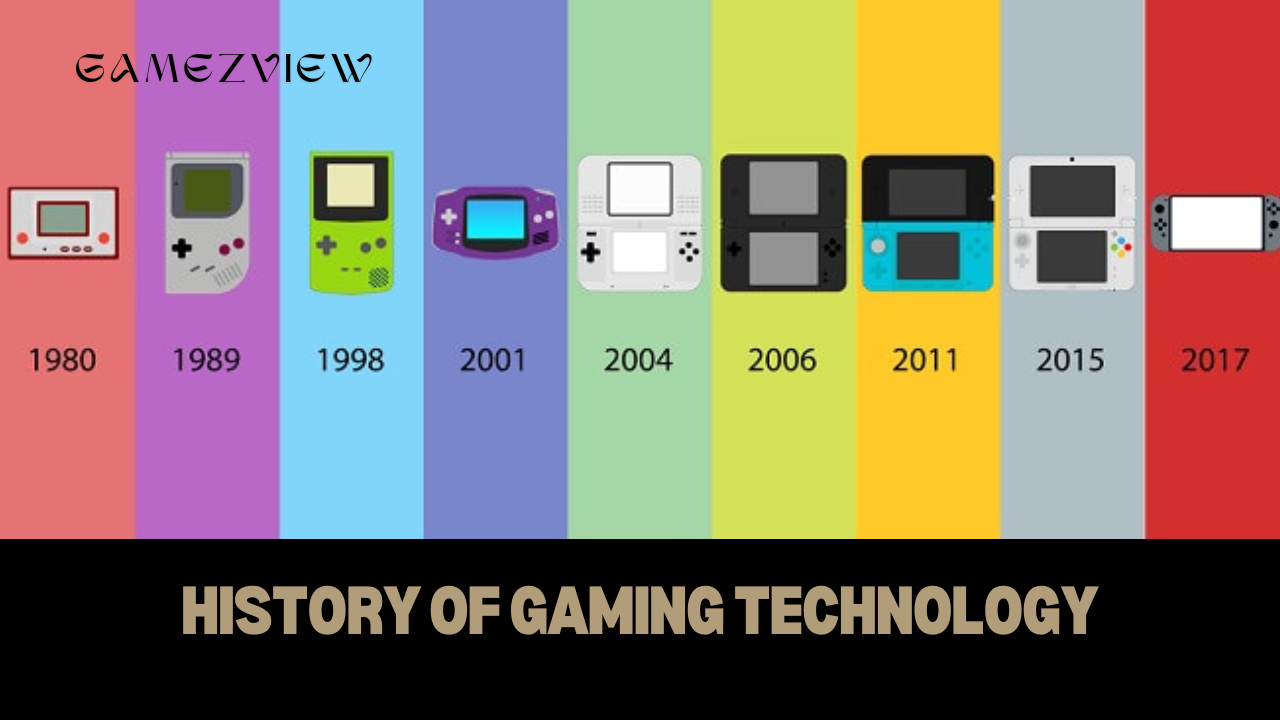Quantum computing represents a transformative shift in how we approach complex problems in technology and science. Unlike classical computers, which use bits as the fundamental unit of data, quantum computers utilize quantum bits or qubits. These qubits harness the principles of quantum mechanics, including superposition and entanglement, to process information in fundamentally different ways. This article explores the profound impact of quantum computing on modern technology, examining its potential benefits, challenges, and the future landscape of technological advancement.
1. Understanding Quantum Computing
1.1 What is Quantum Computing?
Quantum computing is an advanced field of computing that leverages the principles of quantum mechanics to perform computations. While classical computers use bits that can be either 0 or 1, quantum computers use qubits, which can exist in multiple states simultaneously due to superposition. This ability allows quantum computers to process a vast amount of data in parallel, potentially solving complex problems much faster than classical computers.
1.2 Principles of Quantum Mechanics
To grasp the impact of quantum computing, it’s essential to understand the underlying principles of quantum mechanics:
- Superposition: Unlike classical binary bits, qubits can represent multiple states at once. This property allows quantum computers to explore many possible solutions simultaneously.
- Entanglement: Qubits can be entangled, meaning the state of one qubit is directly related to the state of another, no matter the distance between them. This interconnectedness enables quantum computers to perform complex calculations more efficiently.
- Quantum Interference: Quantum algorithms leverage interference to amplify correct answers and cancel out incorrect ones, enhancing the probability of arriving at accurate solutions.

2. Potential Benefits of Quantum Computing
2.1 Accelerating Data Processing
One of the most significant advantages of quantum computing is its potential to revolutionize data processing. Quantum computers can handle large datasets and complex calculations at unprecedented speeds. For example, quantum algorithms can optimize logistics and supply chains, improving efficiency and reducing costs for businesses.
2.2 Advancing Cryptography
Quantum computing poses both opportunities and challenges for cryptography. On one hand, it could break current cryptographic systems that rely on the difficulty of factoring large numbers or solving discrete logarithms. On the other hand, it also enables the development of new cryptographic methods that leverage quantum principles, such as quantum key distribution (QKD). QKD allows secure communication by detecting eavesdropping attempts, ensuring the integrity of transmitted information.
2.3 Enhancing Machine Learning and Artificial Intelligence
Quantum computing has the potential to accelerate advancements in machine learning and artificial intelligence (AI). Quantum algorithms can process and analyze large datasets more efficiently than classical algorithms, leading to improved pattern recognition, data analysis, and predictive modelling. This capability can drive innovations in fields such as personalized medicine, finance, and autonomous systems.
2.4 Revolutionizing Drug Discovery and Material Science
In the pharmaceutical and materials science industries, quantum computing offers the potential to revolutionize drug discovery and material design. Quantum computers can simulate complex molecular interactions and materials at the quantum level, enabling researchers to identify new drugs and materials more quickly and accurately. This capability could lead to breakthroughs in treating diseases and developing advanced materials with unique properties.
The Future of Artificial Intelligence: Trends and Predictions
3. Challenges and Limitations
3.1 Technical Challenges
Building and maintaining quantum computers involves significant technical challenges. Qubits are highly sensitive to external disturbances, requiring precise control and error correction to maintain coherence. Quantum computers also require extremely low temperatures to minimize thermal noise and preserve qubit stability. These technical hurdles make quantum computing a complex and costly endeavour.
3.2 Scalability and Error Correction
Scaling up quantum computers to handle more qubits while maintaining accuracy is a significant challenge. Quantum error correction techniques are still in development, and achieving fault-tolerant quantum computing requires substantial advancements. Ensuring that quantum computers can reliably perform complex computations without errors is crucial for their practical application.
3.3 Ethical and Security Concerns
The rise of quantum computing raises ethical and security concerns. The ability of quantum computers to break current encryption methods poses risks to data privacy and security. Additionally, there are concerns about the potential misuse of quantum computing technology for malicious purposes. Addressing these concerns requires ongoing research and the development of new security measures to protect sensitive information.

4. Current and Future Applications
4.1 Financial Sector
In the financial sector, quantum computing has the potential to transform risk analysis, portfolio optimization, and fraud detection. Quantum algorithms can analyze complex financial models and predict market trends with greater accuracy, providing valuable insights for investors and financial institutions. Additionally, quantum computing can enhance fraud detection by identifying patterns and anomalies in large financial datasets.
4.2 Healthcare
Quantum computing could revolutionize healthcare by improving diagnostics, personalized medicine, and drug development. Quantum algorithms can analyze genetic data and identify biomarkers for diseases, leading to more accurate diagnoses and targeted treatments. Moreover, quantum simulations of molecular interactions can accelerate drug discovery and development, potentially leading to breakthroughs in treating complex diseases.
4.3 Climate Modeling
Quantum computing can enhance climate modelling by simulating complex environmental systems and predicting climate change impacts with greater precision. Quantum algorithms can process large datasets and analyze interactions between various environmental factors, providing valuable insights for climate scientists and policymakers. This capability can contribute to more effective strategies for mitigating climate change and addressing environmental challenges.
Use of Virtual Reality in Gaming: Immersive Experiences Redefining the Future of Play
5. The Future of Quantum Computing
5.1 Advancements in Quantum Hardware
The future of quantum computing depends on advancements in quantum hardware. Researchers are exploring various qubit technologies, such as superconducting qubits, trapped ions, and topological qubits, to improve performance and scalability. Innovations in quantum error correction and control techniques will also play a crucial role in developing practical and reliable quantum computers.
5.2 Integration with Classical Computing
Quantum computing is not expected to replace classical computing but rather to complement it. Hybrid approaches that combine quantum and classical computing are likely to emerge, leveraging the strengths of both technologies. For example, quantum computers can be used for specific tasks that benefit from quantum speedup, while classical computers handle other aspects of computing.
5.3 Quantum Supremacy and Beyond
Quantum supremacy refers to the point at which a quantum computer performs a calculation that is infeasible for classical computers. Achieving quantum supremacy is a significant milestone, but it is just the beginning of quantum computing’s potential. The future will involve harnessing quantum computing for practical applications, solving real-world problems, and integrating quantum technologies into various industries.
Quantum computing represents a paradigm shift in technology, offering unprecedented capabilities and opportunities for innovation. While there are significant challenges to overcome, the potential benefits of quantum computing are immense. From accelerating data processing and advancing cryptography to revolutionizing drug discovery and climate modelling, quantum computing has the potential to transform various aspects of modern technology.
As research and development in quantum computing continue to progress, it is essential to address technical, ethical, and security challenges to fully realize the potential of this transformative technology. The future of quantum computing holds exciting possibilities, and its impact on modern technology will undoubtedly shape the way we approach complex problems and drive technological advancement in the years to come.



